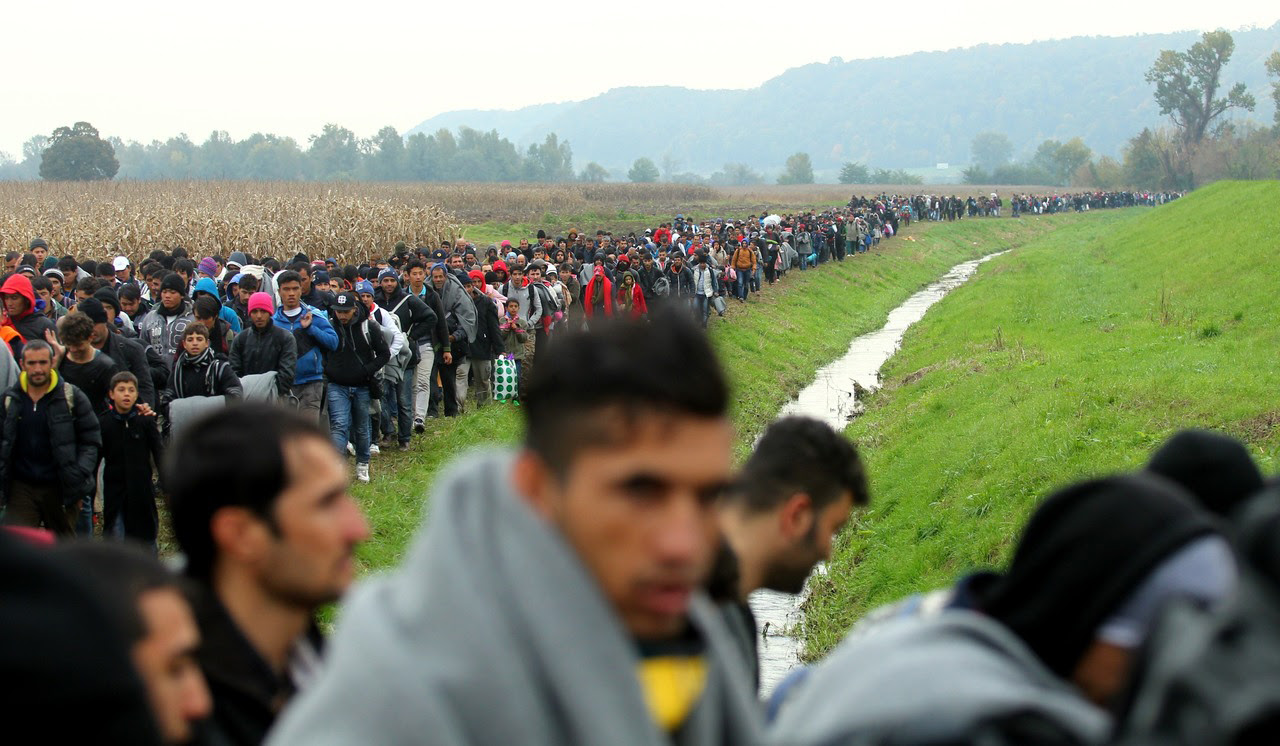|
يسوع المسيح هو الطريق والحق والحياة. وساقوا يسوع إلى رئيس الكهنة. فاجتمع إليه جميع رؤساء الكهنة والشيوخ والكتبة. وتبعه بطرس من بعيد إلى داخل دار رئيس الكهنة، وكان جالسا مع الحراس يستدفيء عند النار. وأخذ رؤساء الكهنة والمجلس الأعلى كله يبحثون عن شهادة على يسوع ليقتلوه، فلم يجدوا. فقد شهد كثيرون عليه زورا، ولكن شهاداتهم كانت متناقضة.
subota, 24. listopada 2015.
INA VUKIĆ: Croatia: Normality Not Possible On Humanitarian Catastrophe Skid Row
REPUBLIC CROATIA
Pretplati se na:
Objavi komentare (Atom)






Nema komentara:
Objavi komentar